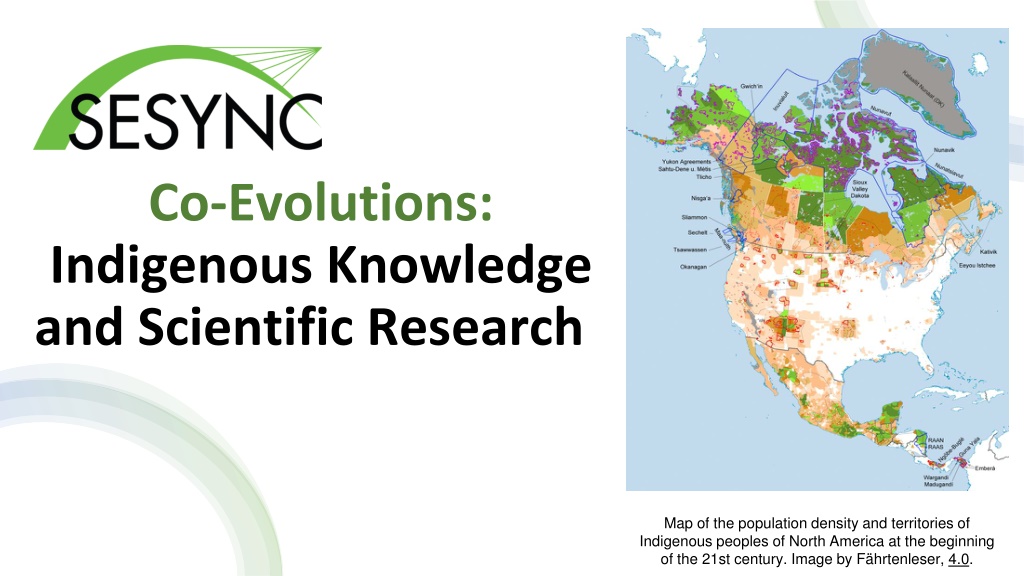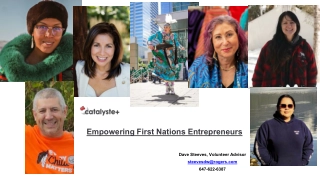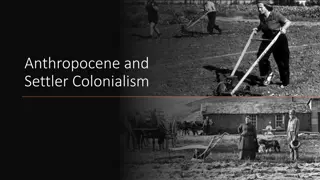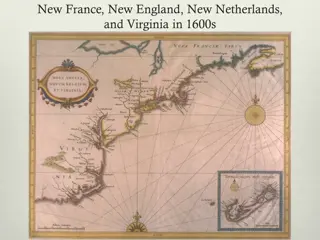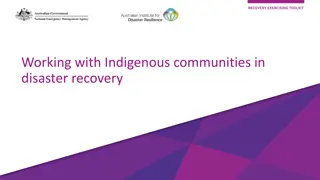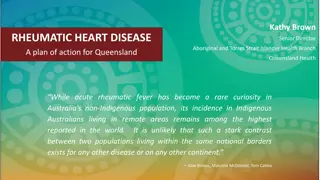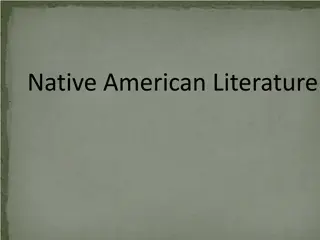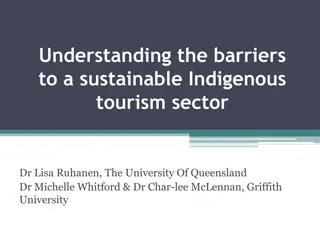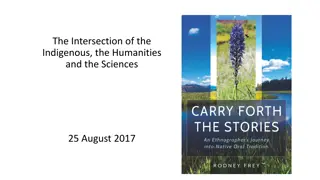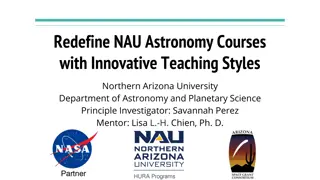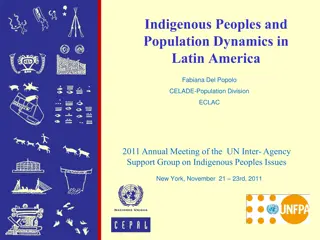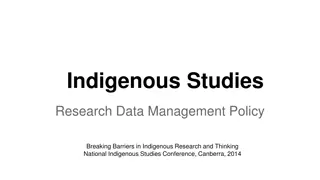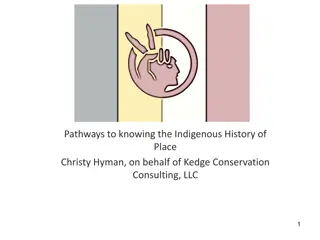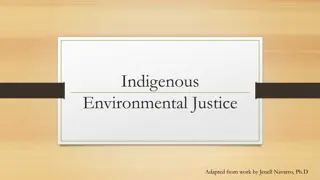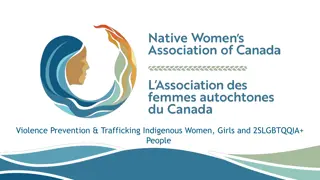Co-Evolutions: Indigenous Knowledge and Scientific Research in North America
Explore the relationship between Indigenous Knowledge (IK) and Western Science (WS) in North America, emphasizing the unique characteristics of IK, its co-evolution with modern scientific practices, and the principles for respectful collaboration. Learn how Indigenous communities contribute their perspectives to research and environmental stewardship, promoting mutual learning and sustainable coexistence.
Download Presentation

Please find below an Image/Link to download the presentation.
The content on the website is provided AS IS for your information and personal use only. It may not be sold, licensed, or shared on other websites without obtaining consent from the author. Download presentation by click this link. If you encounter any issues during the download, it is possible that the publisher has removed the file from their server.
E N D
Presentation Transcript
Co-Evolutions: Indigenous Knowledge and Scientific Research Map of the population density and territories of Indigenous peoples of North America at the beginning of the 21st century. Image by F hrtenleser, 4.0.
What is Indigenous Knowledge (IK)? A distinct and complex body of knowledge based on millennia of Indigenous land stewardship, holistic cultural values, close observation, and evolving contemporary perspectives. An epistemology distinct from Western Science (WS) in that it emphasizes: inherent values rather than economic or utilitarian ones, whole systems perception rather than reductionism, and ethics based on sustainable human dwelling rather than extraction for profit or protection from humans (i.e. National Parks that exclude human habitation). IK is owned by its knowledge-makers and must not be appropriated by Western science to achieve Western goals; instead, the practice of IK supports Indigenous values and governance. Houses in Quaanaac, Greenland. Unaltered photo by Helene Brochmann via Wikimedia, 4.0. 1
IK and WS in Relationship Houde et al. 2022 Contributions and perspectives of Indigenous Peoples to the study of mercury in the Arctic IK is not a new tool in scientific epistemology. It is a sovereign and distinct approach to knowing that can be complementary to Western science and enhanced by modern technology. Co-created knowledge that does not appropriate or colonize IK should: Empower the Indigenous community to determine the reason to conduct research Address a community-identified issue based on their needs, priorities, and interests Involve the community at all stages: planning, implementing, monitoring, interpreting, communicating, governing, and decision-making Western Arctic National Parklands. Unaltered photo via Wikimedia, 2.0. 2
How can Indigenous Knowledge and Science Co-Evolve? Writer, Biologist, and Potawatomi tribal member Robin Wall Kimmerer uses the Three Sisters Garden* to describe IK and Science co-evolution: Corn: Indigenous values, ethics, and procedures: the physical and spiritual framework for ethical inquiry Beans: Western Science methods, tools, energy: a double helix of inquiry Squash: ethical habitat for coexistence and mutual flourishing : respect, communication, and reciprocity (139) (Kimmerer, R. W. (2015). Braiding Sweetgrass. Milkweed Editions.) Graphic by Garlan Miles, 4.0. *the phrase Three Sisters Garden is the native legend of how the crops corn, beans, and squash came to be grown together in many native cultures. 3
How can Indigenous Knowledge and Science Co-Evolve? Schott et al. (2020) Operationalizing knowledge coevolution: towards a sustainable fishery for Nunavummiut Schott et al. describe a framework based on the following guiding principles: 1. The delineation of common objectives that could change throughout the process. 2. The creation of a governance structure and steering committee for the research and learning process. 3. An acknowledgement that capacity building is important for both sides: IK, such as elder- youth knowledge transfer, as well as WS [Western Science]. 4. The effective sharing and collective interpretation of knowledge and data analysis. 5. The mutual co-existence of both knowledge systems, with neither one dominating. 6. Beneficial outcomes that empower IK holders in the decision-making process and advance their prosperity. 7. The enhancement of collective learning, governance, and management practices including the implications of the research process and findings on Indigenous and non- Indigenous governance and relationship with the resource. 4
How can Indigenous Knowledge and Science Co-Evolve? Schott et al. (2020) describe six stages to knowledge co-evolution: 1. Origination of the collaboration and defining collective research 2. A governance structure that guides the research, the findings, and potential implementations 3. Knowledge sharing between IK practitioners and Western scientists 4. Formulation of research objectives 5. Knowledge gathering 6. Knowledge unification Image from ArctiConnexion, Taloyoak Climate & Fish Project 5
